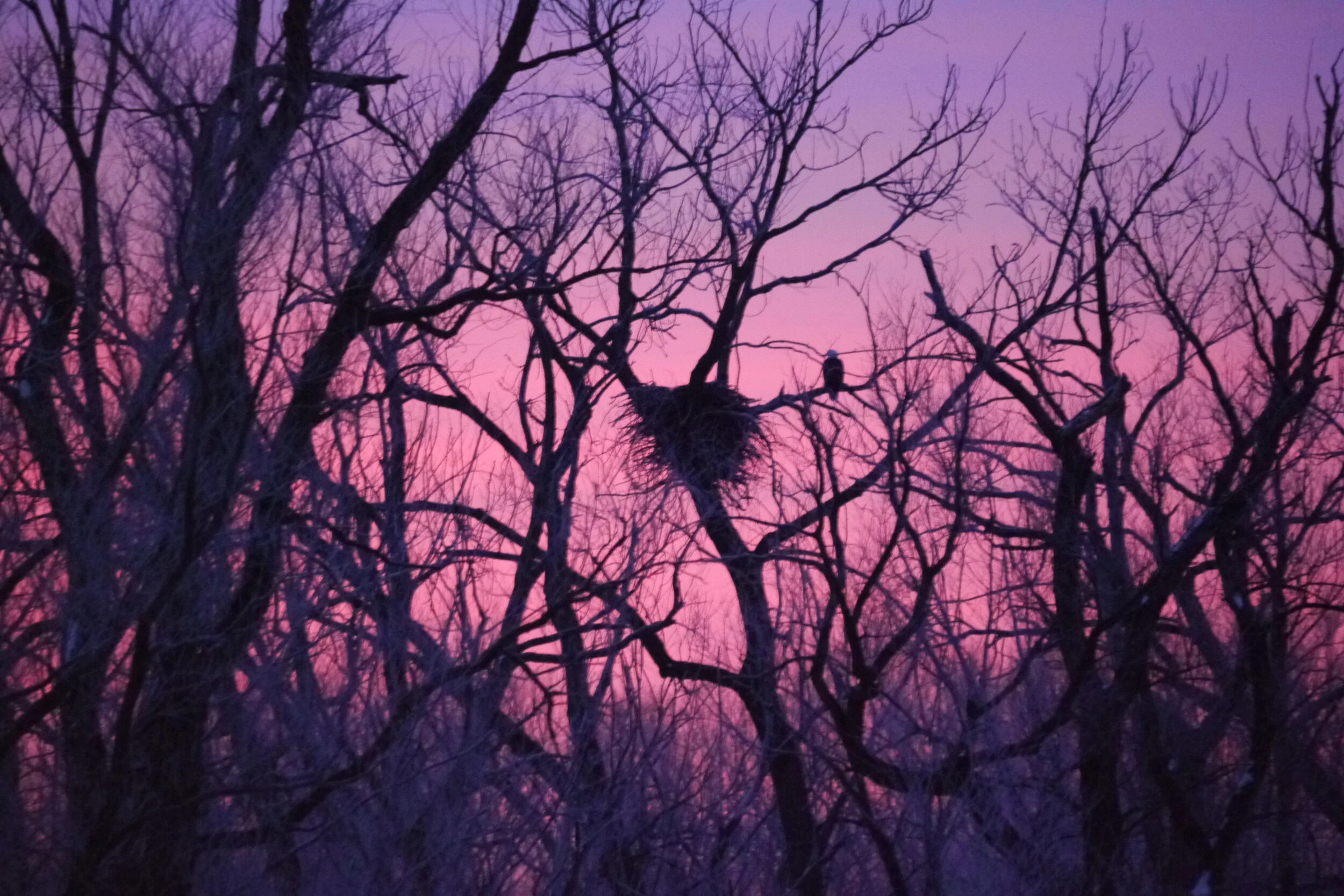Righteous… not a word one encounters as much today as several decades ago when it popped up to express sincere, heartfelt approbation. If you said or did something that elicited that response from your friends, you felt you were on the right track.
Some wonderful folks are acting righteously these days and better yet we can join them. Upper Sugar River Watershed Association, Wisconsin Department of Natural Resources, and Madison Audubon are among them.
Photo by Gail Smith







